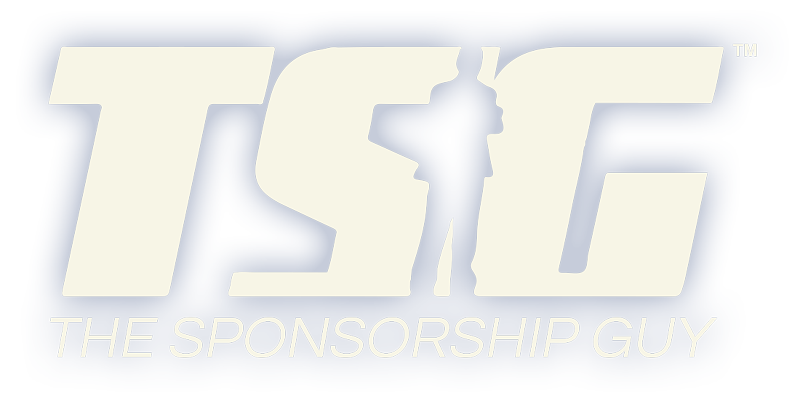How Best to Monetize Your Online Event

This post was originally published on the Corporate Meetings Network. Read the original post here.
Written by Clare Tattersall
Now almost six months into the worldwide pandemic, most businesses have pivoted from in-person gatherings to virtual events. But despite more people than ever using online platforms, companies continue to struggle with monetization, which may be essential to their survival amid the economic chaos wrought by COVID-19.
While there are a variety of methods to earn income from virtual events — ticket sales, paid access to selective streams and upgrades for premium session content, to name a few — perhaps the most effective is sponsorships.
“Charging for a virtual event will dramatically reduce the number of attendees,” says sponsorship expert Larry Weil, who acknowledges there might be instances where this option is ideal like a music concert.
“Because the cost of putting on a virtual event is usually much lower than a destination event, there is a real opportunity to dramatically increase the sponsorship revenue,” he continues. “Even a small webinar-style event of an hour can get sponsors.”
But do traditional sponsorship offerings work for virtual events?
Yes and no, says the founder of The Sponsorship Guy. What event organizers are able to offer sponsors is not that different, explains Weil. There are still occasions for branding, website and event app placement, promotion via e-mail marketing and social media campaigns, signage, speaker engagements (keynote, breakout session or panel), booths and gift bags. However, the two diverge in the mode of delivery. For instance, instead of handing out bulky grab bags, event organizers send attendees a virtual ‘gift for engagement.’ Weil says this affords sponsors the chance to really stand out as digital swag bags can be designed to incorporate branding in all virtual goodies, from gift cards and discount codes for products and services to vouchers for an online course and free offers.
Brent Barootes of the Partnership Group – Sponsorship Specialists agrees.
“Grab bags provide more value for virtual events. Hosts have full control over what’s in them, how they’re offered to attendees and when,” says the company’s president and CEO. “Imagine receiving a digital swag bag during or even before an event. People are sure to talk about it in chat rooms and on social media, spreading the word about a sponsor’s business.”
Since virtual swag bags are custom-built around an event, they also provide attendees with that personal touch, continues Barootes. This is so important given physical contact is missing from these types of gatherings.
“You can’t fully replicate or duplicate that touch, feel, hold interaction of traditional events but there are more occasions to integrate sponsored experiences for consumers at virtual events,” he says.
These include surveys and interactive polling, games, entertainment breaks, cocktail receptions, lunch and learns, and the list goes on.
What’s most important with virtual events is repetition, says Barootes. Sponsorship messages are increasingly effective the more times they’re seen and/or heard. With many one and two-day virtual events now spreading their content over several days or even weeks to avoid attendee burnout, the opportunities are endless for sponsors to make a real impact on participants’ mindset.
“Most sponsors think branding is important but recall clearly shows it’s not very effective. A logo at the bottom corner of a screen is just white noise if not combined with some other marketing measure,” he explains. “Creating many memorable experiences is the best way for sponsors to get out what they are investing and more.”

